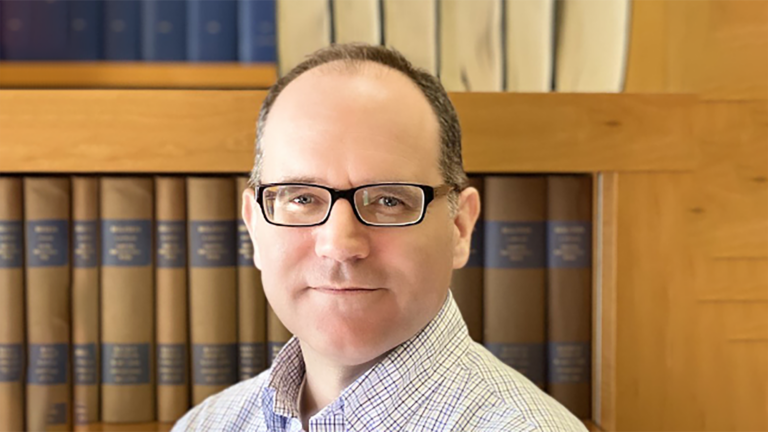
A new Interdisciplinary Minor in Plastics Circularity, proposed by Professors Thompson, Fieser, and Williams, receives support through NIST Grant
The National Institute of Standards and Technology (NIST) and the United States Department of Commerce (DoC) has selected USC faculty for funding through the Training for Improving Plastics Circularity (TIPC) Grant Program. This year, NIST awarded four universities for the development of educational programs that train students to expand circular plastics industries toward the goal of environmental sustainability. Led by Principal Investigator, Prof. Barry Thompson, and co-Principal Investigators, Prof. Megan Fieser and Prof. Travis Williams, the Department of Chemistry will use the funds to offer an undergraduate, interdisciplinary minor to students, giving them access to training on various aspects of polymer circularity, i.e., polymer synthesis using sustainable materials and methods as well as more efficient recycling of plastic goods.
Prof. Barry Thompson is a longtime sustainability advocate and has 23 years of experience as a polymer synthetic chemist. He believes that the plastics pollution crisis presents one of the most significant challenges for the field of chemistry in the upcoming decade. The minor that he and his colleagues have developed is intended to educate USC undergraduate students and others to understand this crisis as “a complex problem with achievable solutions.” While Prof. Thompson’s expertise lies with sustainable polymer synthesis, Professors Megan Fieser and Travis Williams contribute a wealth of research on “upcycling” methods, or modifying polymers to extend their valuable usage, thereby diverting waste from land and ocean sites. Funds will be used to purchase new, state-of-the-art lab equipment for the required laboratory course; however, Prof. Thompson anticipates that this acquisition will also benefit the broader community of researchers at USC.
To achieve polymer sustainability, science and industry must work together—this is a core tenet of the new minor to be launched at USC in Fall of 2023. The minor will complement majors in Chemistry, Chemical Engineering, Environmental Engineering, Environmental Science, and Business/Entrepreneurship. Students enrolled in the minor program will learn not only about polymer manufacturing and circularity, but also social and economic factors that affect the plastics pollution crisis. Thompson and his colleagues have received support from Keurig Dr. Pepper and other industrial partners who will offer tours of their recycling facilities, in-class visits, and possible internships.
Students who are interested in learning more about this interdisciplinary minor are invited to attend a “Micro Seminar,” a two-day overview of program courses and requirements planned for USC Welcome Week in Fall 2023. Prior to the micro seminar, a one-week, summer workshop will be held for 20-25 students from local community colleges and Predominantly Undergraduate Institutions (PUIs), involving lectures, laboratory work, and field experience. The latter activity demonstrates the efforts of faculty to ensure that USC’s educational opportunities extend beyond our campuses for greater impact. Moreover, Professors Thompson, Fieser, and Williams are collaborating on a transferable model for the minor program so that it can be implemented at other universities once piloted at USC.
The Department of Chemistry is proud of the recent TIPC award and will continue to inform the USC community of the minor program as it is launched. If students have any questions about the minor and related activities, please contact Prof. Barry Thompson at barrycth@usc.edu.